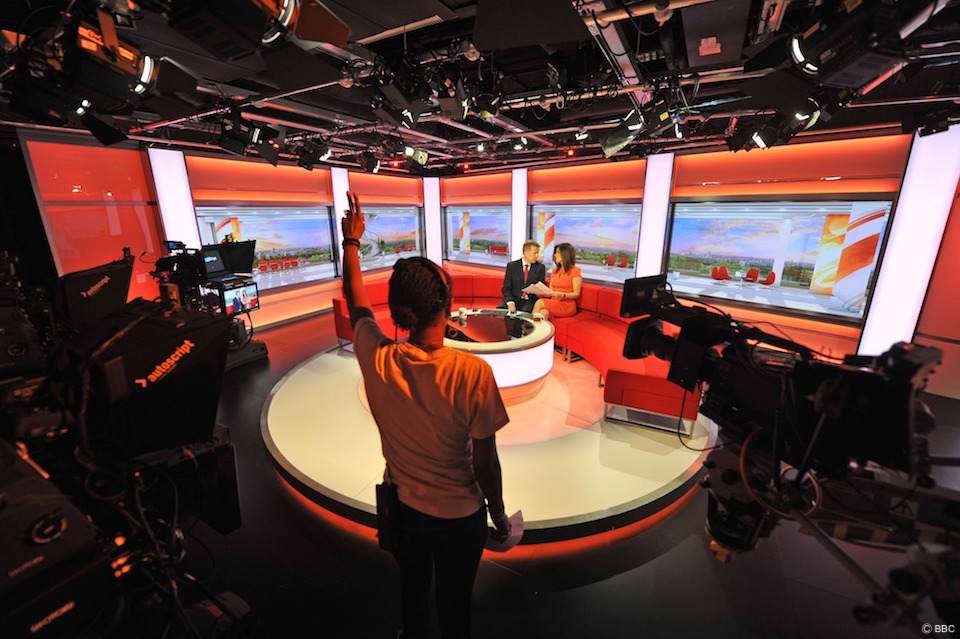The BBC has faced a huge backlash online after it was reported that some staff who attend events such as Pride, could face disciplinary action, including being suspended.
i news reported that impartiality policies drawn up by the broadcaster included a section where certain staff members who work for news and current affairs and factual journalism are effectively banned from attending events such as Pride or Black Lives Matter rallies if those events are deemed too political.
This is because the BBC expects its staff to remain politically neutral, any breach of that guideline could see staffers face disciplinary action.
According to the i the broadcaster’s, director of editorial policy and standards, David Jordan, told senior executives on Wednesday that the new policy includes not attending “political protests”, such as Black Lives Matter events and LGBT protests.
The paper states that according to sources who work for the BBC, this was to ensure that BBC staffers attending Pride events would not get embroiled in the “the debate around transgender rights”, according to the i.
The paper’s reporter Benjamin Butterworth broke the story on Twitter.
According to the BBC’s guidelines on impartiality, the issue is a little more nuanced than at first glance of the i’s story. The guidelines state,
“People working in news and current affairs and factual journalism (across all Divisions), as set out in the Guidelines, should not participate in public demonstrations or gatherings about controversial issues.
“As with social media activity, judgement is required as to what issues are “controversial” with regard to marches or demonstrations, though it should be assumed that most marches are contentious to some degree or other. If in doubt, advice should be sought before attending”.
Social media reacts
As of this morning (30th October), there have been over 117,000 tweets which include “The BBC” and “Pride is also trending on the platform.
Social media exploded in criticism of the policy, with many people vowing to cancel their TV licenses or write to the corporation to make a complaint.
Matthew Hodson, the Exec. Director of AIDS Map wrote,
“‘I’m always banging on that the LGBTQ+ rights we now enjoy, the rights we fought for, can be taken away. This is what that process looks.”
Lord Michael Cashman, former EastEnders star said that he would pursue the ban with “vigour and utter determination” if the BBC hadn’t issued “a full, frank and specific rebuttal” of the reports.
Whistleblower, Chris Whiley wrote, “What is wrong with the BBC? My identity is not a partisan affiliation. My identity is not up for debate. Being LGBTQ is a protected status under the Equality Act 2010, which our public broadcaster must uphold. This is beyond absurd.
Actor David Paisley who currently stars in a BBC programme hit out at the policy saying,
“The BBC’s new social media guidance says that the “use of emojis can – accidentally, or deliberately – undercut an otherwise impartial post”
THEGAYUK reached out to the BBC press office for comment.
*This story has been updated to add a quote from the BBC’s guidelines on impartiality.









 (@mcashmanCBE)
(@mcashmanCBE) 